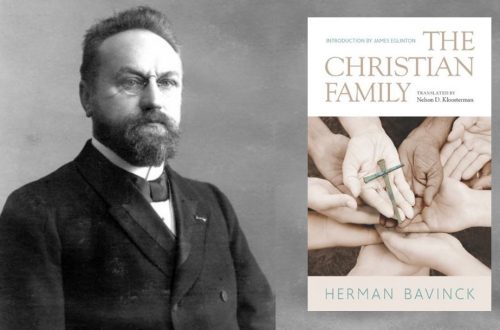 I’ve been reading Matthew Lee Anderson’s excellent book Earthen Vessels: Why Our Bodies Matter to Our Faith (Bethany House, 2011). I’m probably not going to take the time to do a full review of this book, but I just came across something that I thought worth sharing. In his remarks about the Bible’s clear prohibitions on homosexual behavior, he says this:
I’ve been reading Matthew Lee Anderson’s excellent book Earthen Vessels: Why Our Bodies Matter to Our Faith (Bethany House, 2011). I’m probably not going to take the time to do a full review of this book, but I just came across something that I thought worth sharing. In his remarks about the Bible’s clear prohibitions on homosexual behavior, he says this:
The explicit rejections of gay and lesbian practices are not “clobber verses,” but rather the tip of an iceberg sticking above the surface: they reveal a much larger and deeper understanding of human sexuality and its relationship to our lives before God (p. 153).
He is so right on this. Sometimes critics will say that the Bible only has a handful of texts that address homosexuality and that it is therefore improper to make much of something spoken of so little in Holy Scripture. What critics fail to see is that the Bible’s sexual ethic runs right through the entire canon, not just through selected texts. This is why they continue to make the spurious claim that Jesus never addressed the ethics of homosexuality. In fact Jesus did speak to the issue of homosexuality by defining what a marriage is (Matt. 19:4-6). Thus by implication, he disallowed all other unions.




3 Comments
Michael Burer
Thanks for the tip on this resource, Denny. I’m going to teach on this issue at my church this fall. That book will be a great help.
Steven Lynch
The model of Christ and his church revealed through marriage… does not mean we throw everybody else under the bus that does not come from a nuclear family.
You know what is the most spectacularly awesome thing about a Kinsman Redeemer?
He REDEEMS.
If you have nothing to in your life to be redeemed of… why then do you need Christ?
Nathan Cesal
from a friends FB post:
===========
Interesting story…If 99.9% of people who try to change their orientation from gay to straight, calling on an all-powerful God to help, don’t change, perhaps it’s not a big deal to God, i.e. not sin.
Link to NPR article _Evangelicals Fight Over Therapy To ‘Cure’ Gays_
http://n.pr/M8SXM9
===========
You can believe whatever you want and lead people down the garden path, but at some point if people don’t experience what you’re teaching — if your promises are never tangible, what is the point?
Is it about controlling another group of people so that they live within the bounds of your sensibilities?
Is it about making people live a life that follows God’s rules, but they end up in hell anyway because they weren’t following God’s heart?
Seriously, what is the point?